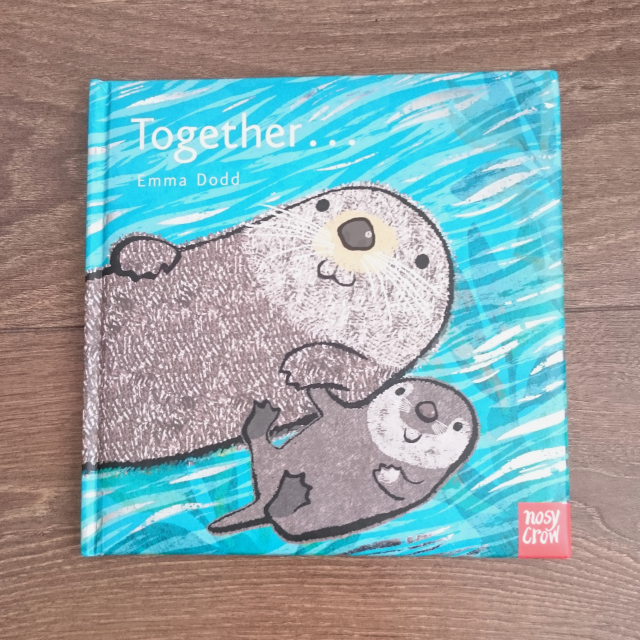
Demi Moore as Hester Prynne in “The Scarlet Letter”
I was doing very well at not buying books.
And then the urge struck me. I bought three books and smuggled them into the house, so as not to be lectured by Himself.
I am not a bookish Puritan, but I felt a bit like Hester in The Scarlet Letter, only with a scarlet “B” for “bookish.”
But really I enjoy books too much to wear the “B.”
Here’s what tempted me:
 John Crowley’s Ka. Crowley’s books are fantasy/literary fiction, loved by critics Harold Bloom and Michael Dirda as well as by fans of brilliant, entertaining novels. He has won the American Academy and Institute of Arts and Letters Award in Literature and the World Fantasy Award.
John Crowley’s Ka. Crowley’s books are fantasy/literary fiction, loved by critics Harold Bloom and Michael Dirda as well as by fans of brilliant, entertaining novels. He has won the American Academy and Institute of Arts and Letters Award in Literature and the World Fantasy Award.
I have just begun his new novel, Ka. It is the story of a crow, Dar Oakley, who is our guide through 2000 years of history. If you loved Watership Down, you’ll find Dar’s account of crow life fascinating, and a bit post-modern.
Here is a passage from Elizabeth Hand’s review in the L.A. Times.
So yes: John Crowley is a writer’s writer, the rare stylist whose stories can feature both downtown New York City bars and 16th century cosmologist and martyr for science Giordano Bruno. Yet Crowley is also a serious reader’s writer. As with Middle Earth, his imaginary worlds so enchant and entice that many fans read and reread his books obsessively, the closest we can come to inhabiting them. But, unlike Tolkien’s legendarium, most of Crowley’s fiction is resolutely set in our own world. Even those works that venture onto other planets maintain quicksilver ties to this one. Decades before George R.R. Martin’s series “A Song of Ice and Fire,” Crowley’s first novel, “The Deep” (1975), recounted an ancient, seemingly endless conflict that evokes the War of the Roses and its precursors. In his second novel, 1976’s “Beasts,” humans and genetically engineered sentient animals make their way across a near-future U.S. devastated by civil wars and a totalitarian government.
 2 Virgil’s Aeneid, translated by David Ferry. Ferry, a National Book Award winner, is one of my favorite American poets. He is also a brilliant Latinist who knows his Virgil: his translations of the Eclogues and the Georgics are lovely.
2 Virgil’s Aeneid, translated by David Ferry. Ferry, a National Book Award winner, is one of my favorite American poets. He is also a brilliant Latinist who knows his Virgil: his translations of the Eclogues and the Georgics are lovely.
I reread the Aeneid every year in Latin. So why buy Ferry’s translation? His style is brilliant, and I am anxious to see how he handles problems in translation.
As I grow older I appreciate the Aeneid more and more, particularly Virgil’s brave characterization of the first weak hero. (I am calling it the first, but I should say my first.) I first taught the Aeneid as a T.A. many years ago, and many, many times later as a prep-school Latin teacher.
I’ve been thinking about Latin descriptions of passion. Virgil often uses the words amens (pronounced ah-mens, and literally meaning “out of one’s mind”). In Book II, during the fall of Troy, Aeneas is amens when he loses his wife Creusa as they are running away during the fall of Troy. Ferry translates it “in my frenzy.” (And that is an excellent, popular translation.) But I keep visualizing the more pictorial amens (“a” means “away from” and mens “mind”): a diagram of a man outside his mind. Later, in Book IV, Dido, the queen of Carthage, is amens when she falls madly in love with Aeneas. So perhaps Aeneas was only really passionate about Creusa? Poor Aeneas.
3 Sara Maitland’s Three Times Three. In Shaun Bythell’s The Diary of a Bookseller, he mentions Sara Maitland. Three Times Three was one of my favorite novels of the ’90s. I ordered a cheap copy online, and it arrived today. I can’t wait to reread it!

HAVE YOU STRAYED AND BOUGHT MORE BOOKS THAN YOU NEED LATELY? LET ME KNOW.
Share this:





